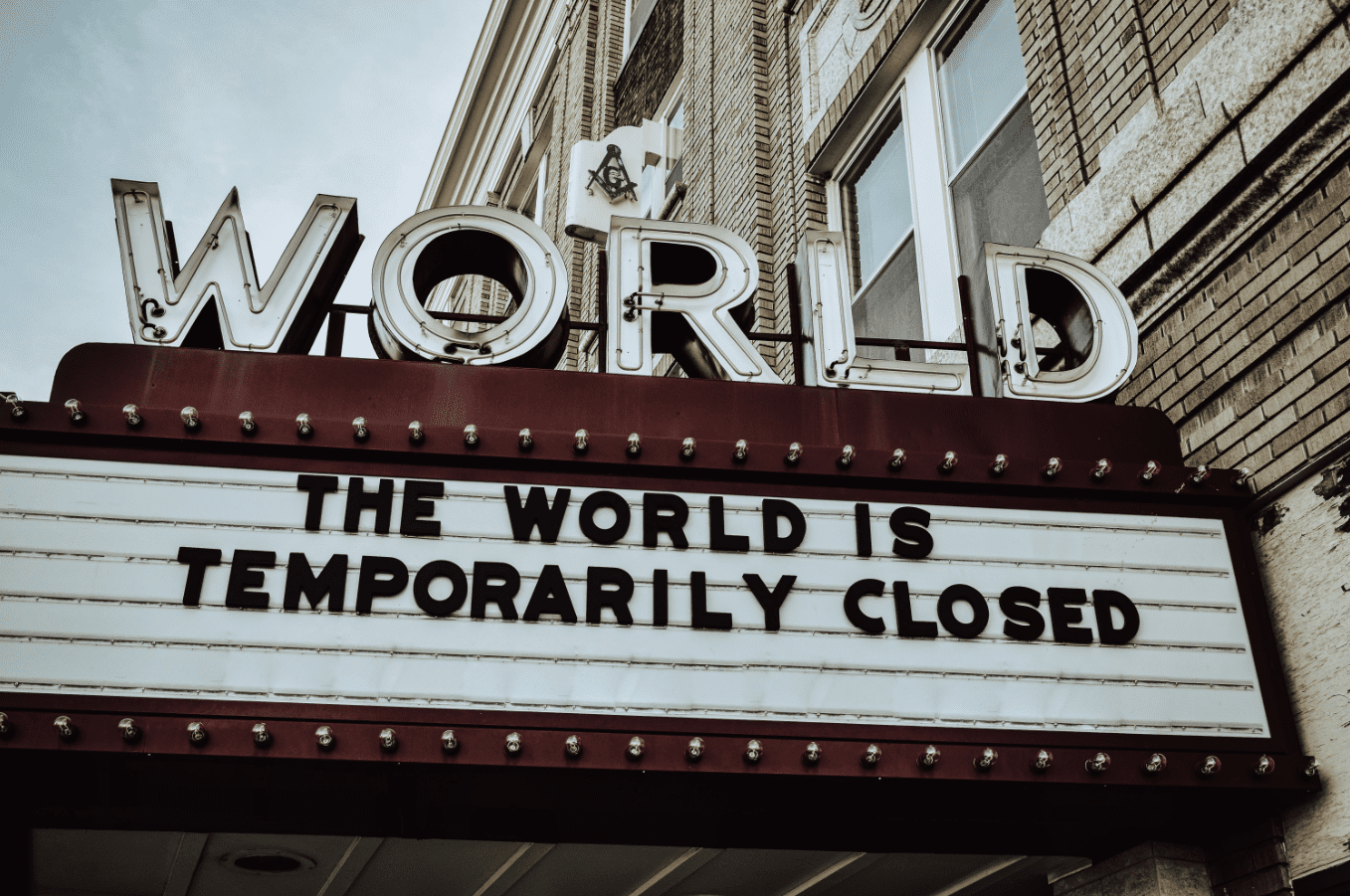Pivoting your social value post-pandemic
The year so far has made it impossible to ignore the injustice and inequality in our world. COVID-19 came along and highlighted the social inequality both within the UK and beyond. It severely impacted unemployment rates and has resulted in financial instability for many. And following on from the murder of George Floyd, racial injustice has been brought to the forefront of our minds and political consciousness like never before.
For better or worse, 2020 won’t be a year any of us will forget. And it feels as if this whole year will be dominated by a pervasive sense of change, evolution, and movement.
As such, social value has never been more important. Given the struggles we’re currently facing, it’s essential for businesses, nonprofits, governments, and us as individuals to do our part to encourage real, impactful, long-lasting change.
While we can’t change some of the awful things that have happened, we can change the legacy that 2020 leaves behind, building a stronger, better future for all.
A need for change
When it comes to social value, not everything that worked before will work now. The world is a completely different place. And with the knock-on effects of COVID-19 set to stick around for the foreseeable future, our value generation efforts will undoubtedly need to look a little different.
To grow, adapt, and evolve with the times, we must acknowledge how things have changed. We must recognise a need to be flexible with our approach to all things CSR, sustainability, and social value.
Forward-thinking organisations will take this challenge in their stride. They will rise to the challenge and continue to make their value generation efforts fit around the times, not the other way around.
Where social value started
When social value first became a notable aspect of business, CSR departments were more of a box to check. Consumers wanted companies that care. They wanted businesses that value non-financial matters, such as the environment and local employment, just as much as their profits. It was about showing you care about society and the wider world, aligning your values with those of your stakeholders.
For many businesses, they knew they had to engage with CSR, they committed to varying degrees, and that was that. Nothing more, nothing less. In 1993, only 12% of companies reported on their CSR.
Pre-pandemic
With increasingly conscious consumers and a wider awareness of the negative impacts on the world and inequalities we were allowing to deepen, CSR, sustainability, and social value started to gain momentum. Before COVID-19, we had evolved significantly from the early days of CSR. That 12% had become around 93% of businesses.
In 2019, over 90% of large companies filed sustainability reviews. And 80% of mainstream investors considered environmental, social, and governance information when making investment decisions. Great news.
We were making excellent progress. But then the pandemic hit. The brake pedals were slammed on a lot of projects and CSR departments were some of the first to be furloughed in order to cut expenses and keep businesses profitable.
But, despite this, the pandemic also highlighted the vital importance for communities, businesses, and individuals to come together.
The businesses that gave back, supported their staff, and maintained social value efforts stood out and were rewarded, while those that buried their head in the sand and did nothing faced the consequences.
Post-pandemic
Events like those that have transpired this year put long-standing inequalities and injustices under a microscope. Beyond changing how we approach CSR in a socially distanced world, we’ve also all become more aware of deep-rooted issues that have always been at play.
In July, it was recorded that UK paid employment had fallen by almost 650,000 people as the pandemic took hold. Unemployment has always been a deep-rooted issue that social value efforts can look to target. But since the pandemic, it’s become even harder to ignore.
And similarly, racial inequality in the UK has always been there. Black people are three times more likely to be detained under the Mental Health Act, ten times more likely to be stopped and searched, and three and a half times more likely to be arrested. This was the case long before the Black Lives Matter protests that followed George Floyd’s murder. But now it’s become a much louder, more significant conversation. There is greater demand and motivation for change.
Where do businesses fit?
CSR departments are responsible for maintaining employee wellbeing, motivation, and inspiration when it comes to giving back to communities, people, and the planet. CSR is about laying the foundations for a more just, equal, and positive future for anyone and everyone and putting business at the centre of the conversation. It’s about balancing economic success with giving back to local communities and wider society.
Right now, we are all craving greater compassion, understanding, and patience. We are experiencing a heightened urgency for change. And with increasing pressure on businesses to align with wider public consciousness, CSR departments have a lot of power to lead the way.
Open Access Government broke down the stages of post-COVID-19 social value in a great way:
- React – the immediate response.
- Recover – how we come out of “lockdown” (which presents its own challenges, as recovery is unlikely to be rapid or linear).
- Renew – how we build a resilient society for the future that can flex and bounce back more quickly.
Moving forward, there needs to be a focus on resilience and longevity. Organisations need to take the longer view of social value and accept it’ll be a constantly changing and evolving effort. Nationwide unemployment, social inequality, and deep-rooted racism aren’t quick fixes. And they’re also problems that, as we start to tackle them, will rear yet another ugly head that needs approaching.
Our COVID-19 recovery – summed up by the government’s ‘Build Back Better’ campaign – needs to bring social value to the forefront and work towards actually changing the future. Not just solving problems in isolation and doing enough to keep investors happy. It’s more important than ever for organisations to monitor their social impact, change their processes accordingly, and lead with purpose.
First steps
Step one for businesses is acknowledging a need to change. Social value will look different, that much is clear. We need to take the time to identify what aspects still work and which need changing or adapting to better suit current circumstances.
Some initiatives will no longer be enough. Or they won’t be realistic. Pre-pandemic, your staff might have logged volunteering hours in local nonprofits. Now, you might have to embrace virtual volunteering and channel your efforts to those with the greatest need right now.
Doing more
It’s also essential to identify what resources are at your disposal and make the most of them. Whether that’s monetary, time for volunteering, or harnessing your employees’ skill sets to give back to local communities. It’s also worth recognising the social good you’re already doing. If you can find ways to monitor and track the social value your employees are already generating, you’ve got a great head start to making a difference.
This year has great potential to be a turning point in all our lives. It’s up to us as businesses to decide where we take this potential, how we run with it, and what future we want to write for ourselves and the world we live in.
Over the next few weeks we’ll be looking more in-depth at examples of how your organisation’s social value generation might adapt and evolve in the post-pandemic climate. This is just part one of a wider series that looks at getting you back on track in the most socially valuable way possible. So watch this space.
Impact Reporting makes your organisation’s social value efforts simple, more effective, and easier to maintain. By visualising your non-financial data, tracking your progress, and aligning initiatives with core business strategies, there’s no reason your business can’t lead the way for social value post-pandemic. If you’d like to find out more, or have any questions, give us a call on 0161 532 4752.

